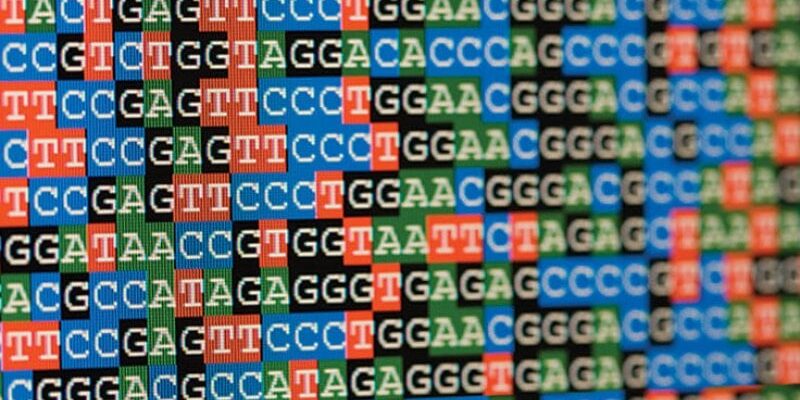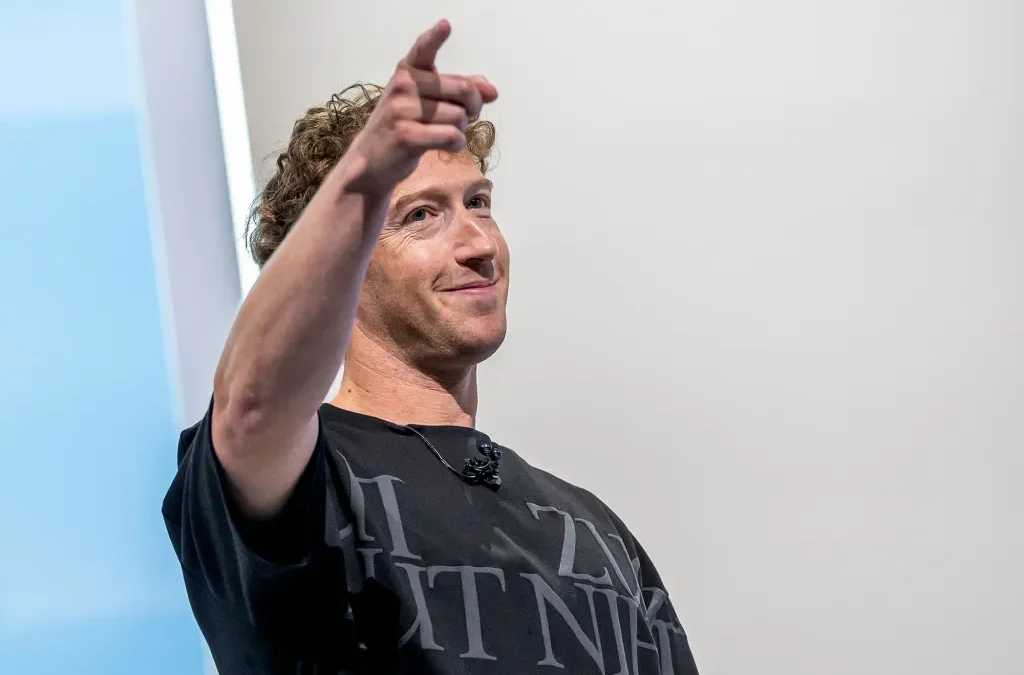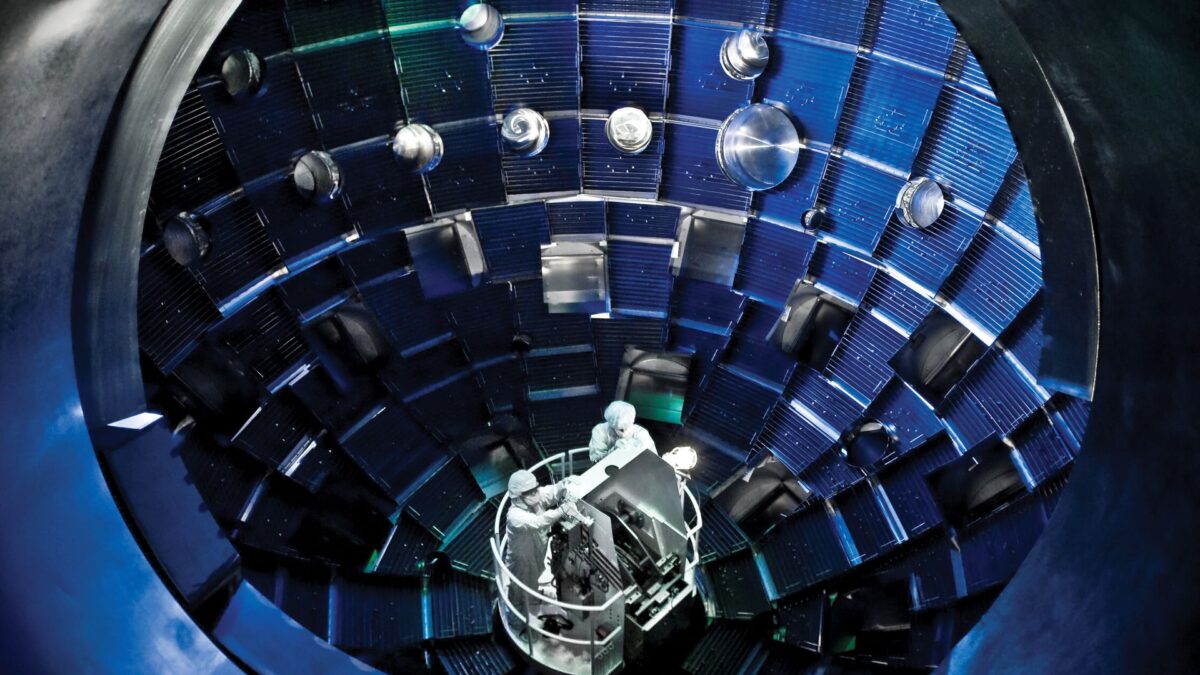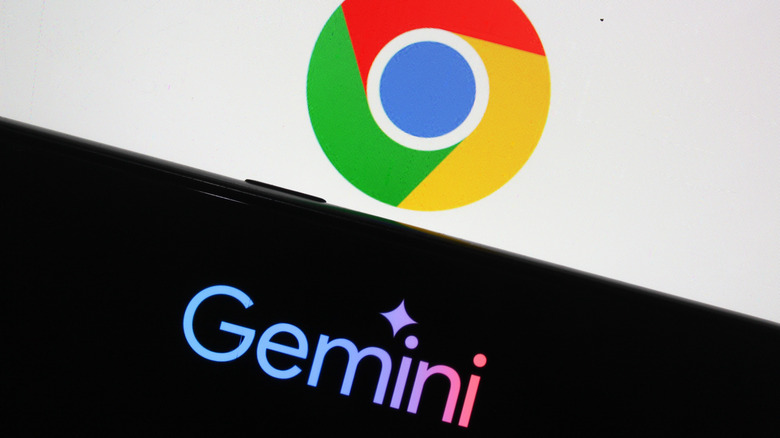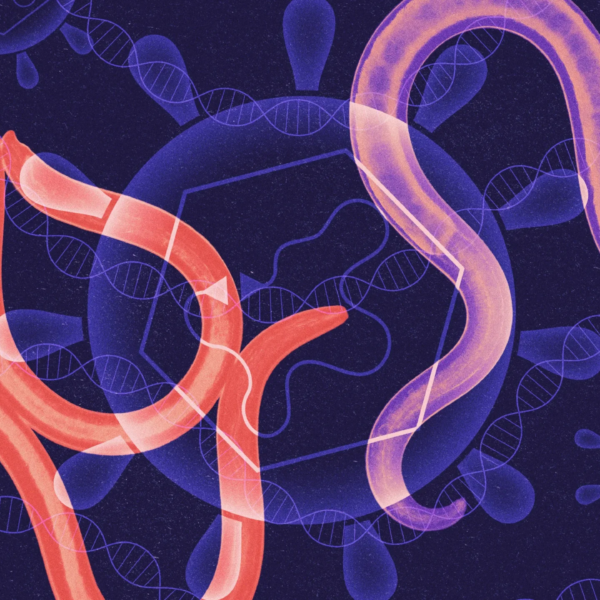The pioneering UK Biobank genetics database has won donations of $10mn each from former Google chief executive Eric Schmidt and billionaire investor Ken Griffin, highlighting the excitement about its potential to yield breakthroughs in combating diseases.
The funding, which is due to be announced on Monday, will be matched by the UK government and used to leverage more investments in the 17-year-old project with its record half a million participants.
The donations are a sign of the interest of medical researchers, drugs companies and other observers in the biobank, which is an unusually rich information source to investigate conditions from cardiac disorders to Alzheimer’s.
“UK Biobank is revolutionising our understanding and treatment of disease,” said Griffin, of Citadel hedge fund and market maker Citadel Securities, who has provided more than $2bn to philanthropic efforts, including those focused on science and medicine. “I am honoured to support this groundbreaking initiative to advance scientific discoveries, improve public health and save lives.”
The government hopes the donations from Griffin and Schmidt will entice further investments in the biobank from private donors and other sources.
The money could be used for projects such as deploying artificial intelligence to analyse cancer samples.
“I want to unlock a new wave of private and philanthropic donations, right across our science and tech sectors,” said Michelle Donelan, secretary of state for science, innovation and technology. “To have two titans of business such as Eric Schmidt and Ken Griffin join us at the start of this exciting journey is testament to our scientific capabilities.”
Donelan revealed earlier this year that the government was talking to Schmidt Futures, a philanthropic initiative of Schmidt and his wife Wendy, about a donation of up to $20mn. Schmidt said it was “vital” to support “revolutionary applications of science and technology” such as the UK Biobank.
The government unveiled plans earlier this year for £150mn of investment in the biobank, whose data has already been used by drugs companies including AstraZeneca and Johnson & Johnson. Regeneron Pharmaceuticals partnered with a consortium of businesses to fund exome sequencing of biobank data. This promises to offer insights into how mutations of known genes can cause medical problems.
Next month the biobank will release the results of the whole genome sequencing of all its half million participants, a project funded by a public-private consortium.
The biobank is attractive to researchers because it is “uniquely placed” globally in its “depth, scale and duration”, said Sir Rory Collins, the organisation’s chief executive. It is becoming “richer and richer” over time as it is able to monitor the impact of ageing on its participants.
He added that the biobank wanted to invite back its entire original cohort to gauge changes in their health since they first provided biological and medical data between 2006 and 2010.
“We would like to bring back the surviving participants so we can get questionnaires, physical samples and biological measurements from all of them,” Collins said, adding that this would allow the biobank to “assess their ageing, their frailty, and to discuss with them the possibility of putting apps on their phones or using other kinds of monitors”.
Source: FT




